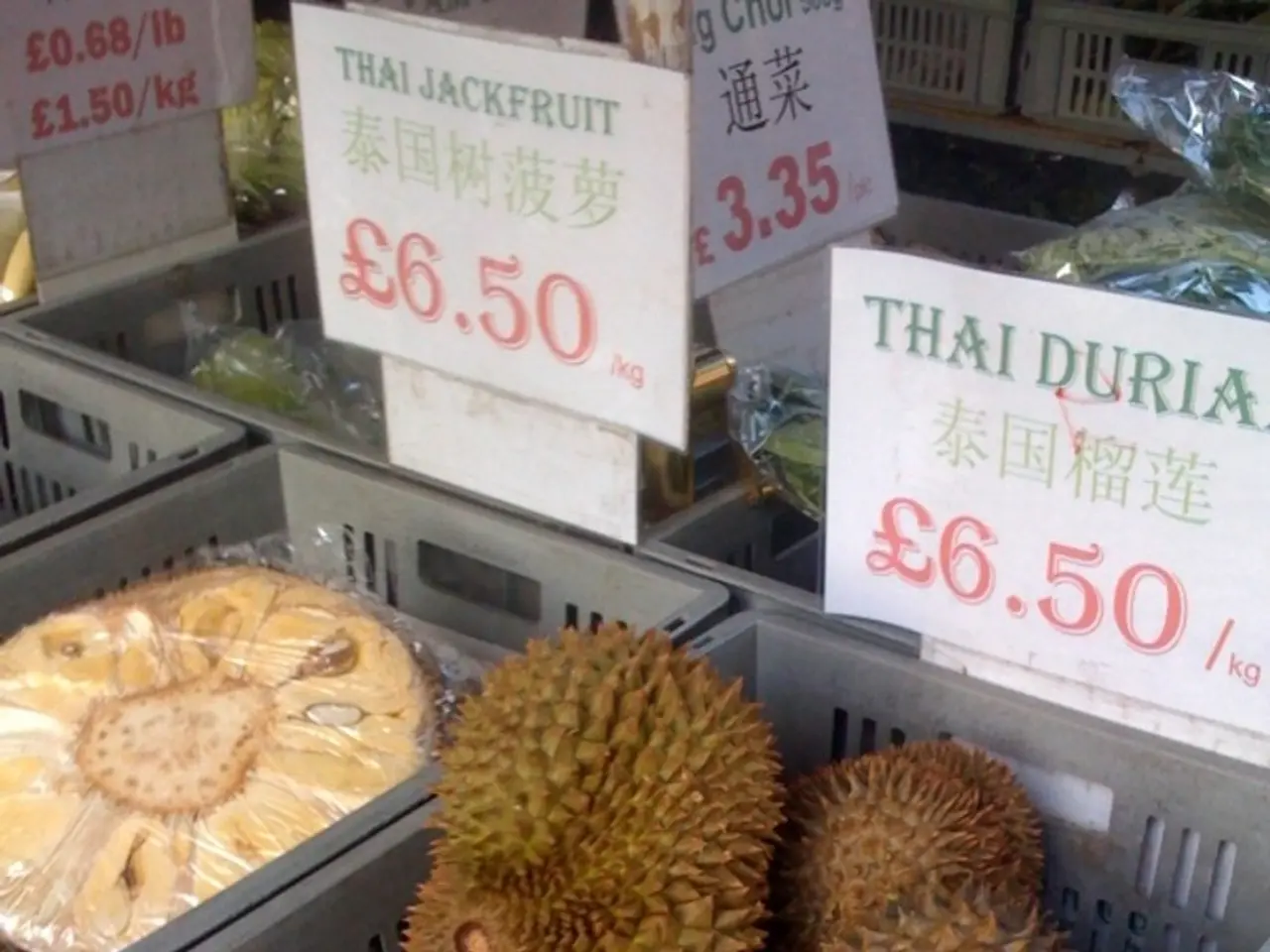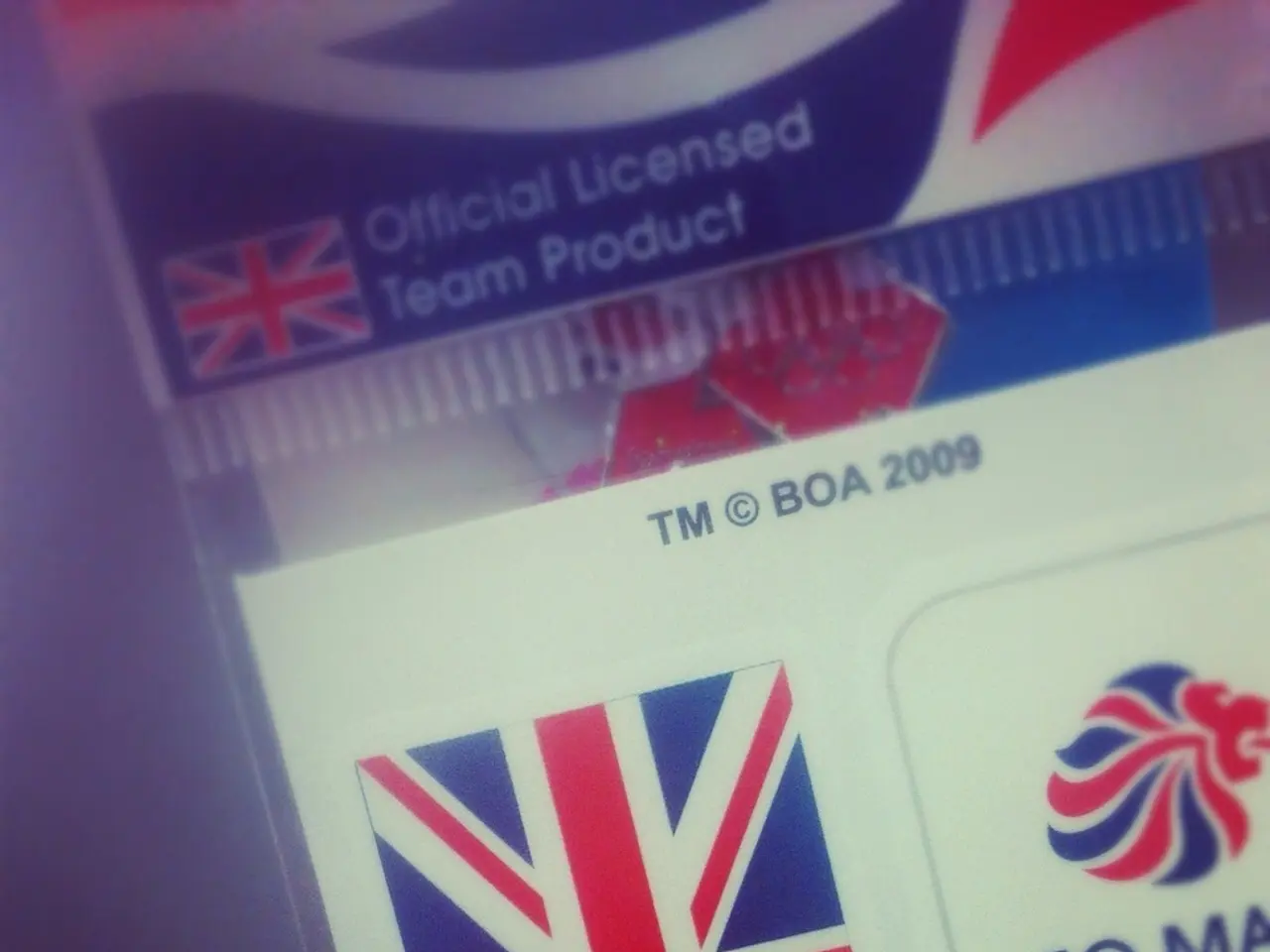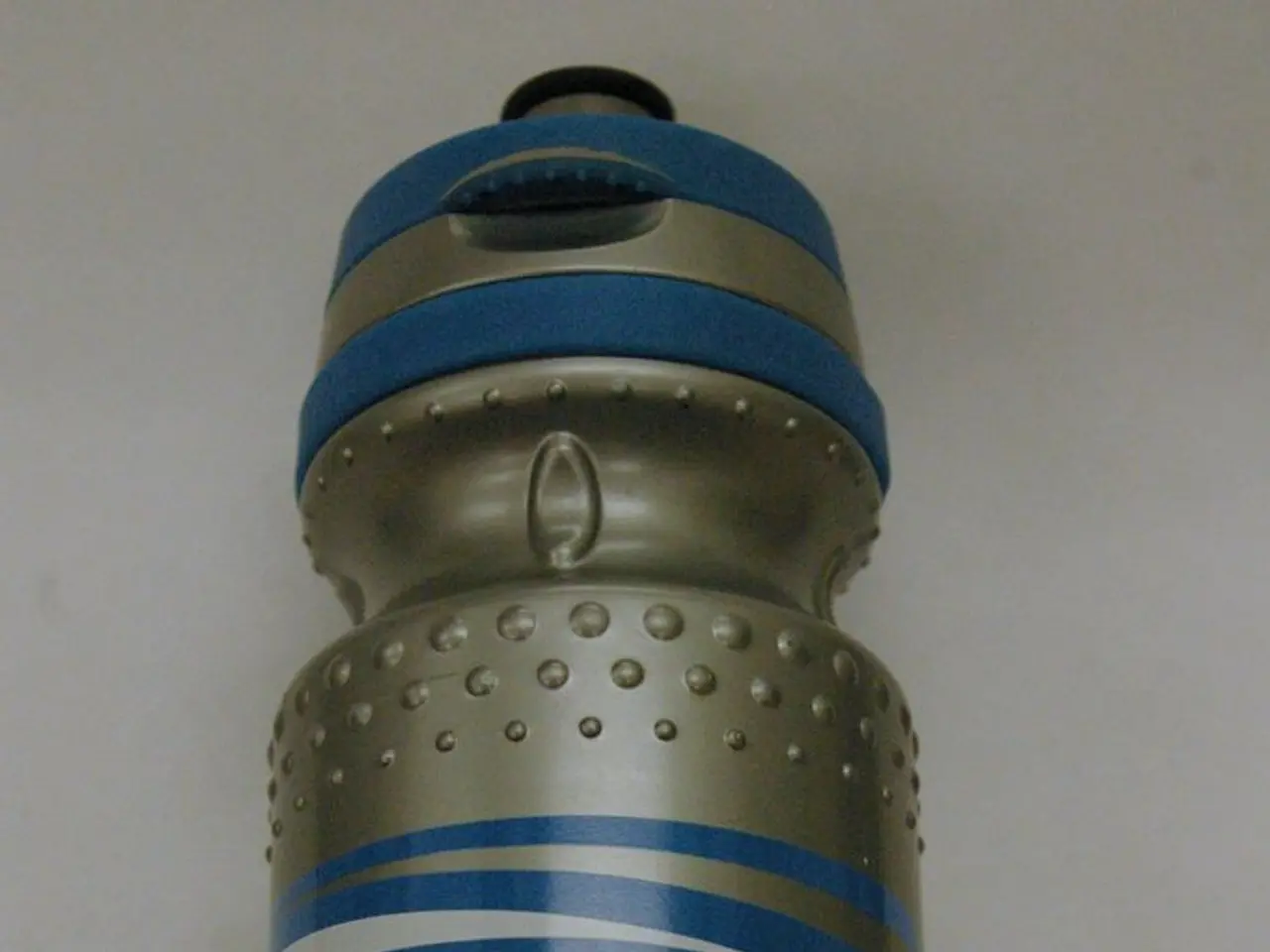Rising Prices Due to Tariffs: Impact on Holiday Shopping
In the heart of the summer season, U.S. retailers are grappling with the ripple effects of the Trump administration's tariff policies, particularly during the upcoming holiday shopping season. The toy industry, which sources nearly 80% of its products from China, has been significantly impacted.
The tariffs, imposed on a wide range of imports valued at hundreds of billions of dollars, have raised the cost of goods for retailers. This increase in import costs translates to higher expenses on toys and other merchandise, often leading to increased retail prices during the holiday season.
Retail executives, such as Gene Seroka, the Port of Los Angeles' executive director, and Dean Smith from JaZams, have expressed concerns about the impact of these tariffs on their businesses. Smith started placing holiday orders two months earlier for certain items and doubled warehouse space to store the stockpile, while Seroka expects July imports to remain strong.
However, the uncertainty in tariff policies has left a question mark over the holiday shopping season. Vendors of toys made in China and elsewhere have sent price increase notices to retailers like Key, with Schylling increasing prices by 20%. Smith, co-owner of JaZams, expressed concern about having a product portfolio that meets the needs of all customers, which is becoming more challenging due to the tariff situation.
Balsam Brands, an online retailer of artificial trees and decorations, is publishing fewer and thinner holiday catalogs due to tariff changes. Harman, from Balsam Brands, stated that their purpose is to create joy together, but they might not have a robust selection of items consumers want this year.
Manufacturing activity is way down for small- and medium-sized U.S. toy companies, and some shoppers are trying to get ahead of higher prices by buying popular holiday items like Jellycat plush toys and large stuffed unicorns and dogs.
The pace of port activity this year reflects a "tariff whipsaw effect" - imports slowing when tariffs kick in and rebounding when they're paused. The retail industry may have to continue navigating the White House's tariff ultimatums and temporary reprieves.
The uncertainty and increased costs have created challenges for retailers aiming to offer competitive pricing while maintaining profitability during the holiday season. The impacts of the tariffs extend beyond the holiday shopping season, contributing to a drag on U.S. GDP growth and raising federal tax revenues significantly. According to estimates, tariffs introduced during and after the Trump administration could add nearly $1,300 in costs per U.S. household annually as of 2025.
[1] While the referenced source does not explicitly isolate effects on the toy industry, the overwhelming majority of toys sold in the U.S. are imported, primarily from China—one of the main targets of these tariffs. Therefore, it is reasonable to infer that toy retailers have faced higher input costs, leading to higher prices or profit margin pressures during peak shopping seasons, including the holidays.
- Given the high percentage of toys imported from China, toy retailers in Seattle, like JaZams and Key, are dealing with increased expenses due to tariffs, potentially leading to higher prices for customers during the holiday season.
- The uncertainty and higher costs caused by tariffs have affected Seattle's retail economy, with businesses like Balsam Brands, which sells artificial trees and decorations, facing challenges in maintaining a competitive price for customers while also ensuring profitability during the holiday season.




